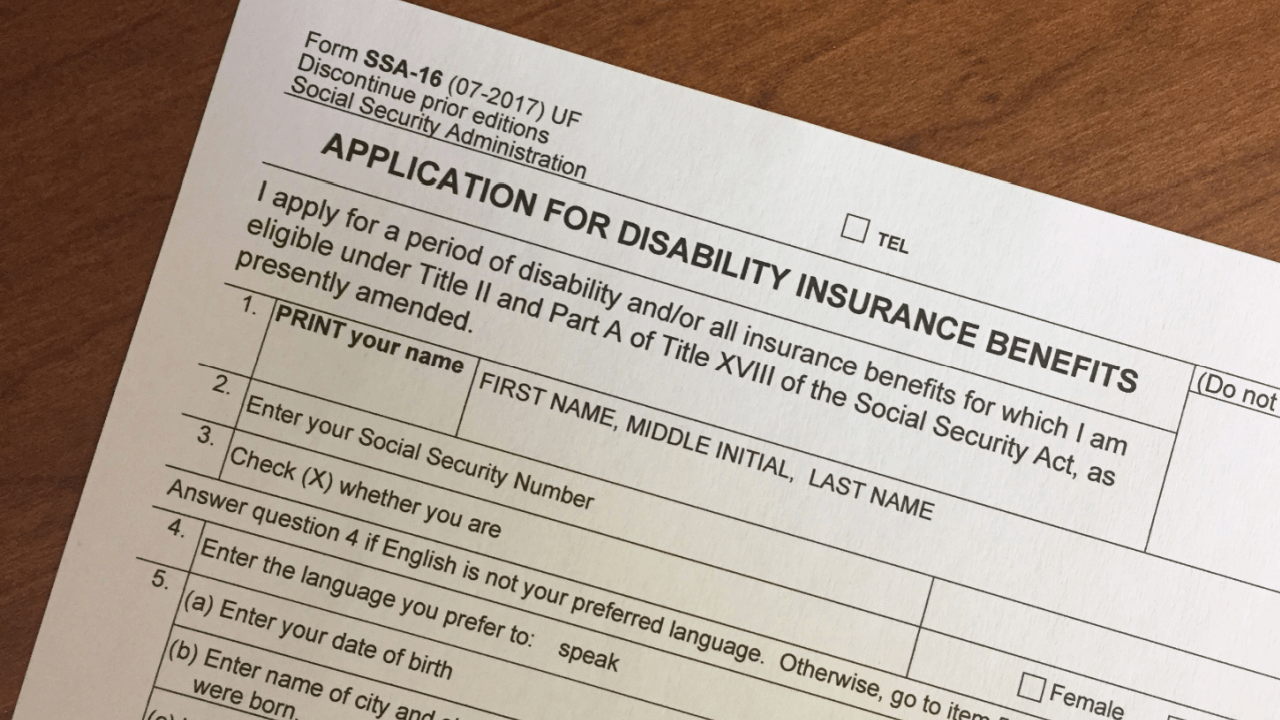
What Makes a Strong Disability Case? Your Complete Success Strategy
Essential Elements: What Makes a Strong Disability Case for SSA Approval
What makes a strong disability case combines comprehensive medical evidence, detailed functional limitation documentation, consistent treatment records, and expert legal presentation that demonstrates inability to perform substantial gainful activity. Successful disability claims require more than just a medical diagnosis – they need thorough documentation showing how medical conditions prevent competitive employment through objective evidence and expert testimony.
Medical Foundation: Core Evidence Requirements
What makes a strong disability case starts with comprehensive medical documentation from treating physicians, specialists, and mental health professionals who can provide detailed opinions about functional limitations and work capacity restrictions. The Social Security Administration requires objective medical evidence that supports both diagnosis severity and resulting functional impairments that prevent substantial gainful activity.
Critical Medical Evidence Components
- Comprehensive medical records from all treating sources spanning the disability period
- Detailed treating physician opinions addressing specific work-related functional limitations
- Objective diagnostic testing including imaging studies, laboratory results, and psychological evaluations
Functional Assessment: Demonstrating Work Limitations
What makes a strong disability case includes detailed functional capacity evaluations that demonstrate specific work-related limitations through objective testing and expert assessment. These evaluations measure physical capabilities, cognitive function, and psychological capacity to perform competitive employment activities under normal workplace conditions.
The Department of Health and Human Services establishes functional assessment standards that guide disability evaluations, while the Bureau of Labor Statistics provides occupational data that helps determine whether functional limitations prevent substantial gainful activity in the national economy.
Functional Limitation Categories
- Physical limitations: Lifting, carrying, walking, standing, and manipulative abilities
- Mental limitations: Concentration, memory, social interaction, and stress tolerance
- Environmental restrictions: Exposure limitations to chemicals, heights, or temperature extremes
- Sensory impairments: Vision, hearing, and communication capacity restrictions
- Combined limitations: Multiple impairments creating compound functional restrictions
Treatment Compliance: Consistent Medical Care
What makes a strong disability case requires consistent medical treatment that demonstrates ongoing condition severity and claimant compliance with prescribed therapies. Regular medical care shows that conditions remain severe despite treatment while establishing doctor-patient relationships that support detailed treating physician opinions.
Treatment gaps or non-compliance can significantly weaken disability claims unless claimants can demonstrate good reasons for limited medical care such as financial constraints, transportation barriers, or medication side effects that prevent consistent treatment.
Legal Presentation: Professional Case Development
What makes a strong disability case benefits significantly from professional legal representation that ensures proper evidence development, expert witness coordination, and effective hearing presentation that maximizes approval chances. Experienced disability attorneys understand administrative law judge preferences and can present cases using language and evidence standards that ALJs expect.
Attorney Contribution Areas
- Comprehensive medical record collection and organization for maximum impact
- Treating physician opinion coordination addressing specific SSA evaluation criteria
- Expert witness preparation including medical and vocational testimony
- Hearing preparation and claimant testimony coaching for effective presentation
- Post-hearing brief writing with supporting legal arguments and medical evidence
Timing Factors: When Strength Matters Most
What makes a strong disability case varies by claim stage, with initial applications requiring basic medical evidence while appeals and hearings demand comprehensive case development with expert testimony and detailed functional assessments. Professional case building becomes increasingly important as claims progress through the appeals process.
Administrative law judge hearings represent the stage where strong case development provides the greatest advantage, with comprehensive evidence and professional presentation significantly influencing approval decisions.
Comprehensive Strategy: What Makes a Strong Disability Case Today
What makes a strong disability case combines thorough medical evidence, detailed functional limitation documentation, consistent treatment compliance, and professional legal presentation that addresses Social Security Administration evaluation criteria through objective evidence and expert testimony that demonstrates inability to perform substantial gainful activity.
Building strong disability cases requires understanding SSA requirements, coordinating comprehensive medical evidence, and presenting cases effectively through professional legal representation that maximizes approval chances at every stage of the disability determination process.
Expert Development: What Makes a Strong Disability Case Building Available
Stop wondering what makes a strong disability case and start building comprehensive evidence that maximizes your approval chances. Visit social security disability today to connect with experienced disability attorneys who understand case development strategies and can coordinate the medical evidence and legal presentation needed for successful outcomes. Your disability claim deserves professional case building that addresses every requirement.
Frequently Asked Questions
1. What makes a strong disability case for initial applications versus appeals?
Strong initial applications require comprehensive medical records and treating physician opinions, while appeals need expert testimony and detailed functional assessments for maximum effectiveness.
2. What makes a strong disability case when medical records seem limited?
Professional attorneys can coordinate additional medical evaluations, expert opinions, and functional assessments that strengthen cases even with initially limited medical documentation.
3. What makes a strong disability case for mental health conditions specifically?
Mental health cases require detailed psychological evaluations, treating psychiatrist opinions, and functional assessments addressing concentration, social interaction, and stress tolerance limitations.
4. What makes a strong disability case if I haven't been getting regular medical treatment?
Attorneys can help establish treating relationships, coordinate comprehensive evaluations, and address treatment gaps through financial hardship or other valid explanations.
5. What makes a strong disability case at administrative law judge hearings?
ALJ hearings require comprehensive evidence development, expert witness preparation, effective claimant testimony, and professional legal presentation addressing all SSA evaluation criteria.
Key Takeaways
- Comprehensive medical evidence from treating physicians with detailed functional limitation opinions forms the foundation of successful disability cases
- Consistent medical treatment demonstrates ongoing condition severity while establishing doctor-patient relationships that support expert medical opinions
- Functional capacity evaluations provide objective measurements of work-related limitations that help demonstrate inability to perform substantial gainful activity
- Professional legal representation ensures proper case development, evidence coordination, and effective hearing presentation that maximizes approval chances
- Strong disability cases address both medical severity and functional limitations through multiple forms of objective evidence that meet SSA evaluation standards


